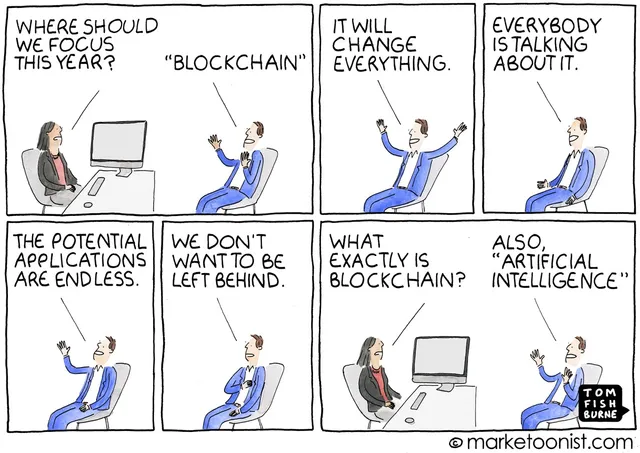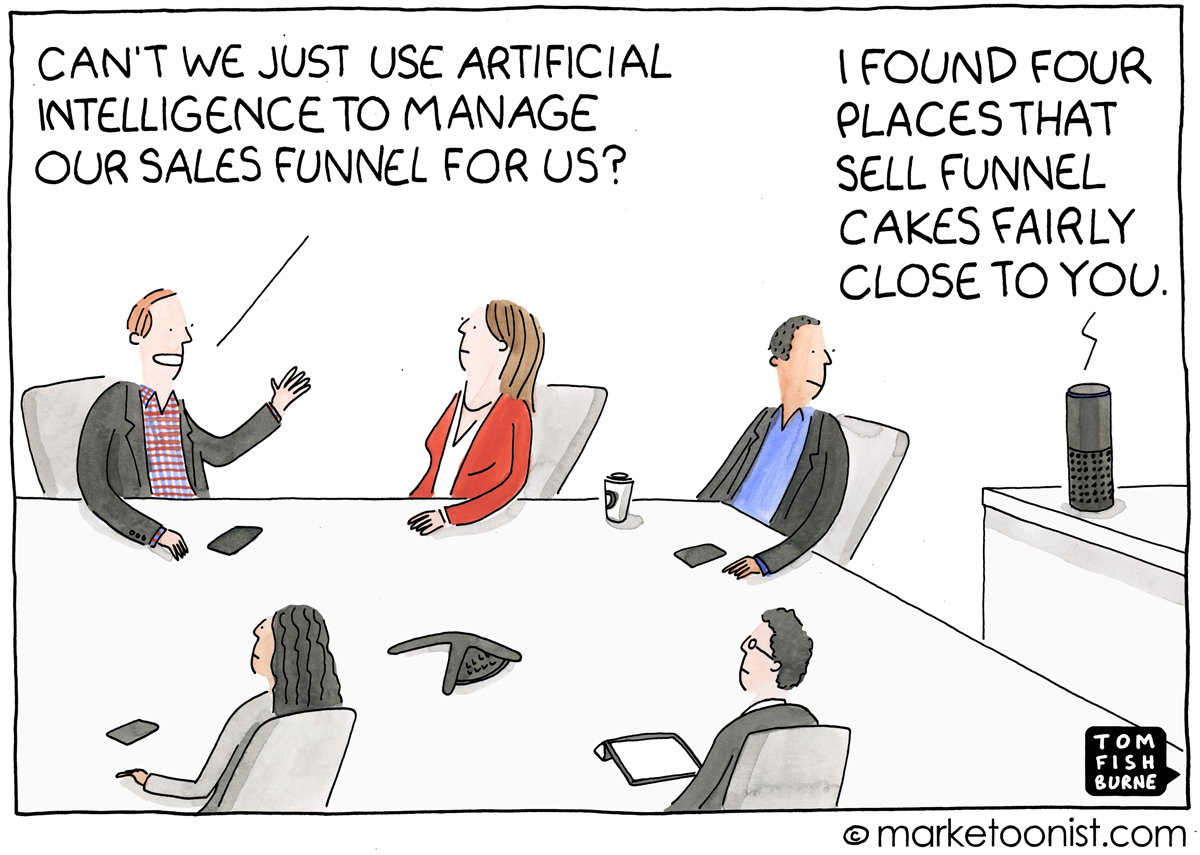# Index
- No Plan Survives Contact With the Enemy
- Reality Check
- I Want to Be Data Driven When I Grow Up
- The Problem of Siloed and Segregated Data
- Managing Expectations
- Conclusions
Disclaimer!
This guide is intended to alert you to possible disappointing job offers, internships, real-world project collaborations.
It is in no way intended to be representative of the work environment or the people you will meet, but Virgilio wants you to see what the worst-case scenario would look like.
# No Plan Survives Contact With the Enemy
Congratulations!
If you are reading these words, you are probably back from months and months (or years) of studying through the various resources of the Purgatorio, and have familiarized yourself with most of the concepts explored, and experienced some of them on datasets found around.
You may have built some small Data Science projects on GitHub to showcase, and you started applying for some Data Science internships or positions.
Gaining confidence from the months (or years) of study + practice you've done, you accept the first internship you're offered.
Fast forwards a few weeks:
You're very disappointed, the job is not what you expected, not at all!
On the first day of work, your boss gives you a "dataset" that a client gave him and asks you to get "an AI who understands how to make them useful" (what?!?).
The dataset has a lot of missing values, the column names are flimsy and nobody explained how to interpret them. Exploring those messy data you find that the column to predict has half the missing values, and the other columns have enough noise to make them unusable.
So this dataset, with your actual knowledge, is almost unusable!
Moreover, the salesmen were not aligned on the current possibilities of Artificial Intelligence (as they call predictive models to sell them at higher price 😄), and they promised the moon!
Sad and desolate you take the negative comments of your boss, who thinks that you don't know how to do anything.
What went wrong? Wasn't everything as rosy as you thought?
Everything is fine, you just need some reality check.
TIP
If you've ever had a situation like this, well, it's probably better if you move away from such a boss).
# Reality Check
For sure you've heard that Data Scientist is The Sexiest Job of the 21st Century (opens new window), and a lot of articles and blogs describes the Data Scientist daily job as a walk in the park, without messiness and effort.
The inconvenient truth is completely different, and here are some reasons:
- Most of the Data Scientist's daily time is related to ETL (opens new window) (Extract, Transform, and Load Data), not the funniest thing ever.
- Real-world datasets are rarely complete, clean, well aggregated (Machine learning isn't Kaggle competitions (opens new window)).
- You don't have someone explaining how they were built or what to expect inside them (like a Kaggle "data explanation" section).
- Often the datasets you are provided contain a lot of noise, and it is vital to know what to discard.
- Someone thinks AI can solve all their problems and they are trying to throw AI at every problem or everything they come across.
- Everyone is expecting you to do fancy magic with data (opens new window), maybe they expect you to build a super-intelligent AI to fire employees and take over the world.
Okay, maybe the last one's a joke... or not!
Since there is a huge hype around the field of Data Science, the expectations of those who allocate the company budget to this topic are also very high!
See:
WARNING
That doesn't mean you have to be discouraged, it just means you have to have the right expectations! With the right expectations and premises, the work of Data Scientist is challenging, satisfying and creates enormous value for those who use it!
These common data-related problems are addressed in specific in the next sections.
# I Want to Be Data Driven When I Grow Up
Companies, although rational and profit-driven structures are entities composed of humans, who are by their nature influential and emotional. This means that some of the factors that influence the decisions made in a company are irrational, dictated by emotions.
One decision a company can make is to push for innovation, and that is good!
But those who have to deal with innovation decisions may be at best ignorant about it, and at worst reluctant to change!
So what happens?
That often (human emotions) you get carried away by buzz-words, by themes around which there is Hype, without really understanding them or understanding if they can bring value. This process often leads many organizations to want to call themselves "data-driven" (opens new window), when they don't know what it means / what it could be used for!
Often this kind of statement is also partly for advertising purposes...

Also Relevant:

# The bottom line:
Be careful when you talk to a "data-driven" company, do they know what they're talking about? Ask yourself, for example:
- how does data impact the business?
- is there a dedicated Data Science team?
- are they aware of the real possibilities of predictive models that exploit data?
- how much does being data-driven affect the company's marketing?
Read these very good Reddit threads about building real data-driven businesses:
3 Challenges Companies Face in Becoming Data Driven (opens new window)
The Top 5 Challenges of Creating a Data-Driven Culture (and How to Solve Them) (opens new window)
There are various reasons why a company struggles to become data-driven, but perhaps one of the biggest problems is that of the "silos" inside a company.
# The Problem of Siloed and Segregated Data
Elon Musk (opens new window) is unquestionably one of the smartest and most creative company CEOs on the planet, he created highly disruptive companies like SpaceX (opens new window) and Tesla (opens new window) from scratch and is one of the founding members of OpenAI (opens new window).
In one of the internal communication emails he says to all his employees at Tesla:
There are two schools of thought about how information should flow within companies. By far the most common way is a chain of command, which means that you always flow communication through your manager. The problem with this approach is that, while it serves to enhance the power of the manager, it fails to serve the company.
Instead of a problem getting solved quickly, where a person in one dept talks to a person in another dept and makes the right thing happen, people are forced to talk to their manager who talks to the manager in the other dept who talks to someone on his team. Then the info has to flow back the other way again. This is incredibly dumb.
Anyone at Tesla can and should email/talk to anyone else according to what they think is the fastest way to solve a problem for the benefit of the whole company. You can talk to your manager's manager without his permission, you can talk directly to a VP in another dept, you can talk to me, you can talk to anyone without anyone else's permission. Moreover, you should consider yourself obligated to do so until the right thing happens. The point here is not random chitchat, but rather ensuring that we execute ultra-fast and well. We obviously cannot compete with the big car companies in size, so we must do so with intelligence and agility.
One final point is that managers should work hard to ensure that they are not creating silos within the company that create an "us vs them".
As you can see from Elon's words, the problem of siloed companies is a well-known issue, and to fight this problem have been thought best practices. Silos in a company bring with them only disadvantages, of which we are interested in those related to data:
- data is collected, organized, and stored in a non-homogeneous way.
- data can overlap and create confusion.
- you can't create truly objective and comparable business metrics.
- to use data in an "intelligent" way and gain insights from it is very difficult because you have to unify different data sources (one business unit stores everything in Excel files, another in an SQL Database, another in an online platform... and so on).
To learn more about how siloed data (that arise from a "siloed" company) take a read of the following links:
- What are Data Silos? (opens new window)
- What is a Data Silo and Why is It Bad for Your Organization? (opens new window)
- Siloed Data is Killing Your Business Analytics (opens new window)
How to solve the siloed-data situation:
- Data Silos: What They Are and How to Get Rid of Them (opens new window)
- How To Breakdown Data Silos: Problems and Solutions (opens new window)
# Managing Expectations
Another issue you can encounter in real Data Science projects is the one related to the high expectations one has towards this field. All-day long we are inundated with articles that glorify artificial intelligence as the revolution of the century (if not the most important one ever) and how data is "the new gold".
Even if it is true that AI and the use of data, in general, can bring enormous fruits to those who know how to exploit them realistically, they are not the panacea of all evil!
But the average Internet user (who might even be your future boss) doesn't necessarily know about it!
This phenomenon creates high expectations when you start Data Science projects, and it is vital to know how to manage expectations, otherwise, you risk disappointing (and a lot) those who have invested in it.
Here you have some resources to learn more about this topic:
- Managing expectations of artificial intelligence - Nature (opens new window)
- Business and Data Science — Managing Expectations (opens new window)
Here you can find a complete guide in managing stakeHolders expectations, discussing:
Stakeholders management in a data science project is a must-have
Delivering an end-to-end data science project is about much more than just machine learning models
Which are the various stakeholders involved in a typical data science project
A Data Science Leader’s Guide to Managing Stakeholders (opens new window)
# Conclusions
In this guide we have seen how many real problems are created when you go from pure science to making it create value for someone!
Promoting proper _data collection, use, archiving, and finally managing the expectations of those who fund Data Science projects is crucial to create real value for an organization.